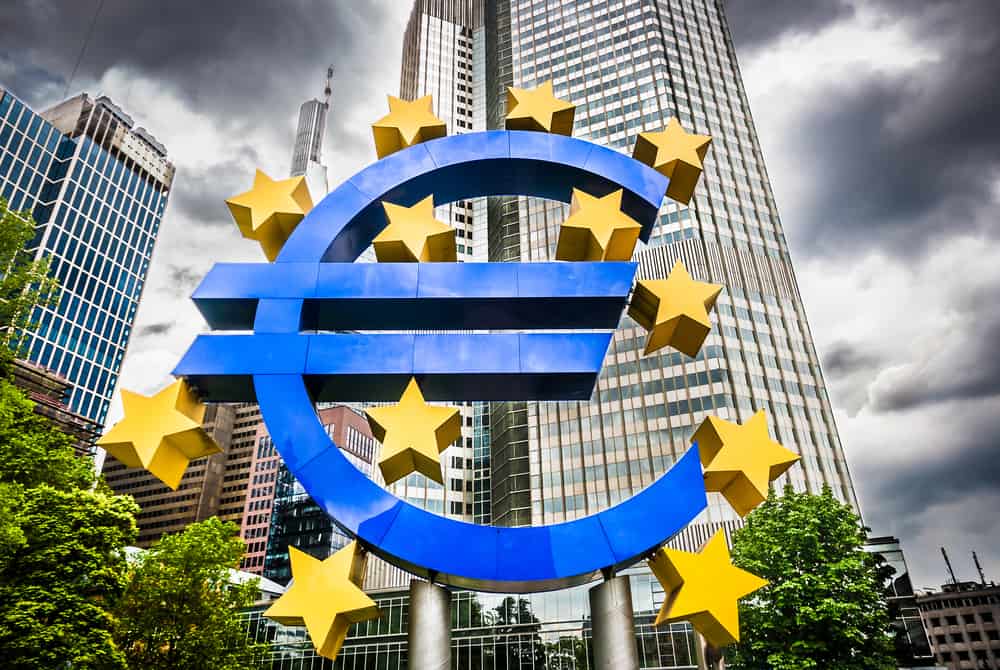The National Securities Market Commission (CNMV), BME and six European banks are working together on a blockchain-based project called Fast Track Listing. The project’s goal is to reduce the amount of time and processes required to record the issuance of financial warrants.
The eight European financial entities believe blockchain technology can make the process more effective and efficient. The entities mentioned that they managed to prove that blockchain technology can increase security and help boost the traceability of processes.
The data and information came from their “successful” proof-of-concept. The proof-of-concept demonstrated that the process of registering an issuance of warrants could be carried out in 48 hours using blockchain technology.
The old process and system took on average over a week to complete. Blockchain’s ability to connect the systems and automatically validate certain requirements has not only sped up the process but has also boosted transparency.
El Economista, a local Spanish news outlet, also reported that, due to the successful nature of the proof of concept, the CNMV will also be exploring other use cases of blockchain technology and will continue to support the project. The six other banks involved in the project were Santander, BBVA, BNP Paribas, CaixaBank, Commerzbank, and Societe Generale.
Blockchain Technology Adoption in the Banking Industry on the Rise
According to an Accenture report, many banks in the finance industry are exploring blockchain technology. In fact, ninety percent of executives stated that their bank is currently exploring the use and applications of blockchain technology. While many banks surveyed in the report are in the early stages of adoption, approximately 75 percent are “involved in a proof-of-concept, formulating their blockchain strategy, or just beginning to look into it.”
Although the eight European financial entities explored the issuance of financial warrants, the most popular use case of blockchain technology for banks is intra-bank cross-border transfers.
The banks are confident that blockchain technology can provide significant benefits, which include “lower costs, quicker settlement, fewer errors and exceptions, and new revenue opportunities.”
Commerzbank Bets Big on the Blockchain
Commerzbank, one of Germany’s largest financial institutions and one of the eight European financial entities involved in Fast Track Listing, has recently joined the Enterprise Ethereum Alliance (EEA).
Commerzbank’s Divisional Board Member for Development and Strategy Jorg Hessenmuller, in the press release, said:
“Joining the Enterprise Ethereum Alliance is another important step for us in diversifying our blockchain activities and testing different technology standards. Blockchain is one of several emerging technologies that we explore at Commerzbank and that help us to further develop our banking business….The Enterprise Ethereum Alliance offers us the opportunity to further expand our cross-industry collaborations.”
It isn’t the first time Commerzbank has joined an association. The German bank was a member of MultiChain, BigChainDB, Hyperledger, R3, and, now, EEA.
Commerzbank’s blockchain lab’s co-founder Paul Kammerer stated, in an interview with CoinDesk, that the future of blockchain is about interconnectivity and interoperability of different blockchain networks that can communicate and work together.






